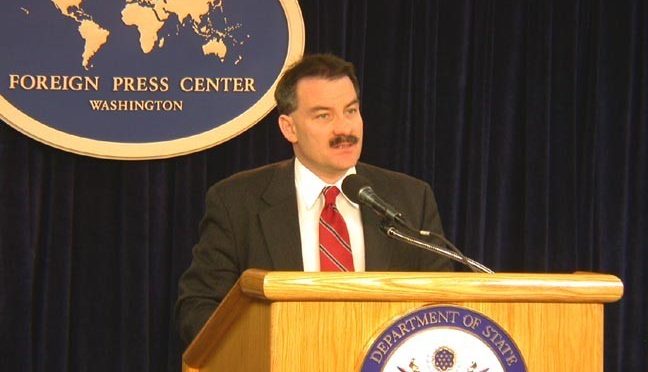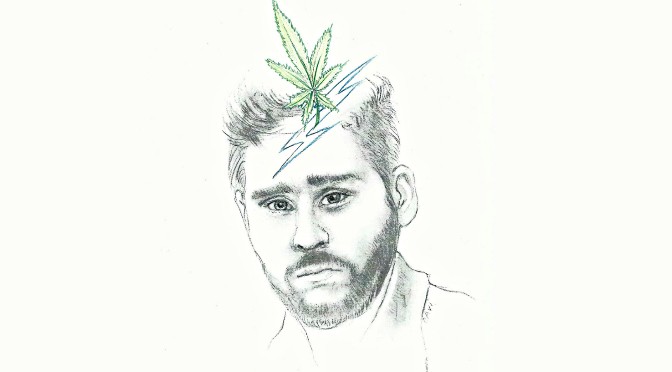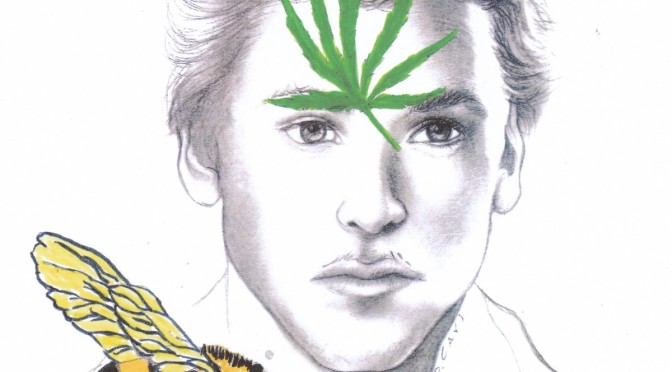Massachusetts Moms Warn Legislators
Opioid Use Often Starts with Marijuana
After recreational marijuana legalization and commercialization passed in Massachusetts last November 2016, Cheryl was despondent. The Governor, Lt. Governor, and Mayor of Boston all were against it. Yet, the pro-industry spin held sway with the voters.
Cheryl’s son’s drug use began with marijuana. She couldn’t believe the voters wanted to legalize the drug that took her son down the path to addiction to heroin. At the time of his death, at the age of 23, he was in recovery yet struggling with depression. He left behind the mother of his child and a 4-1/2 month old daughter. Cheryl doesn’t want more teens to get caught in the downward spiral leading to early death.
Some moms from her grief support group were out in force trying to educate the public prior to the election. In Eastern Massachusetts, the ballot initiative was defeated by voters in 90 towns, due in large part to these moms and their grassroots campaigning. But, voters in Western Massachusetts didn’t have the benefit of such education due to lack of funding. And, the drug legalization effort had big money to advertise and convince the public to their side.
Recently, Cheryl met Jody Hensley, a lead activist and supporter of the Campaign for a Safe and Healthy Massachusetts which opposed Marijuana legalization and commercialization under Ballot Question 4, who also led a successful effort for her town of Westborough to opt out of hosting commercial marijuana businesses. Cheryl showed Jody her list of parents, and their child’s birth and death dates. Jody was shocked and in disbelief. The portraits of those lost children, held in their mother’s arms at an addiction prevention event in New Hampshire the previous week, resonated powerfully. The two women wondered how lawmakers and the public could be reached through the pictures and stories of these many families. Cheryl’s group of over 300 families included members who could collect the photographs and produce a video to send the members of the Massachusetts Joint Committee on Marijuana Policy before the first public hearing on the subject. The video showcases photos of 79 children and young adults who started their drug journey with marijuana and died either by suicide or drug overdose.
The video was shared by many in Facebook and Cheryl is now getting calls from drug prevention groups all over the country. You can help it go viral!
Watch Parents Sharing our Childs Loss from Substance Passing video
This video only represents a fraction of the annual drug related deaths in Massachusetts. Here are the sobering statistics: in 2014—1379 deaths, 2015- 1751 deaths, and 2016, 1979 died. Decriminalization of marijuana in the state of Massachusetts occurred in 2008, and medical marijuana became legal in 2012. To give some perspective, Massachusetts opioid related deaths in 2000 were only 318 for the entire state.
Recreational marijuana legalization in Massachusetts doesn’t become official until 2018. There is time for voters to get politically active to make sure that your community is educated and can arrange to opt out. Cities and towns will have that ability, but the critical effort now is to make it easy for jurisdictions to do so, as the marijuana industry lobbyists want to make it nigh on to impossible.
For parents who have lost a child to drug-related overdose or suicide, Cheryl recommends joining a grief support or recovery group. The risks for parents struggling with the loss of a child from substance use are isolation, depression and even suicide. Cheryl started a closed Facebook Group that gives comfort to hundreds of such parents in Massachusetts. She would like to see such groups all over the U.S. She has already helped one parent in New Hampshire start one.
Visit the Facebook Page Here:
Sharing our Childs Loss from Substance Passing in MA
How You Can Help
Please attend a public Hearing for the Marijuana Joint Committee on Marijuana Policy if you Live in Massachusetts
Monday 3/20/17 hearing began at 11 am in Hearing Room A-1 and A-2 in the State House
Monday 3/27/17 hearing began at 4 pm at the West Springfield High Auditorium
Monday 4/3/17 hearing will begin at 11 am in Hearing Room A-1 and A-2 in the State House
Monday 4/10/17 hearing will begin at 4 pm at the Shrewsbury High School.
If you want to start a Sharing our Childs Loss from Substance Passing in your state, contact [email protected]




